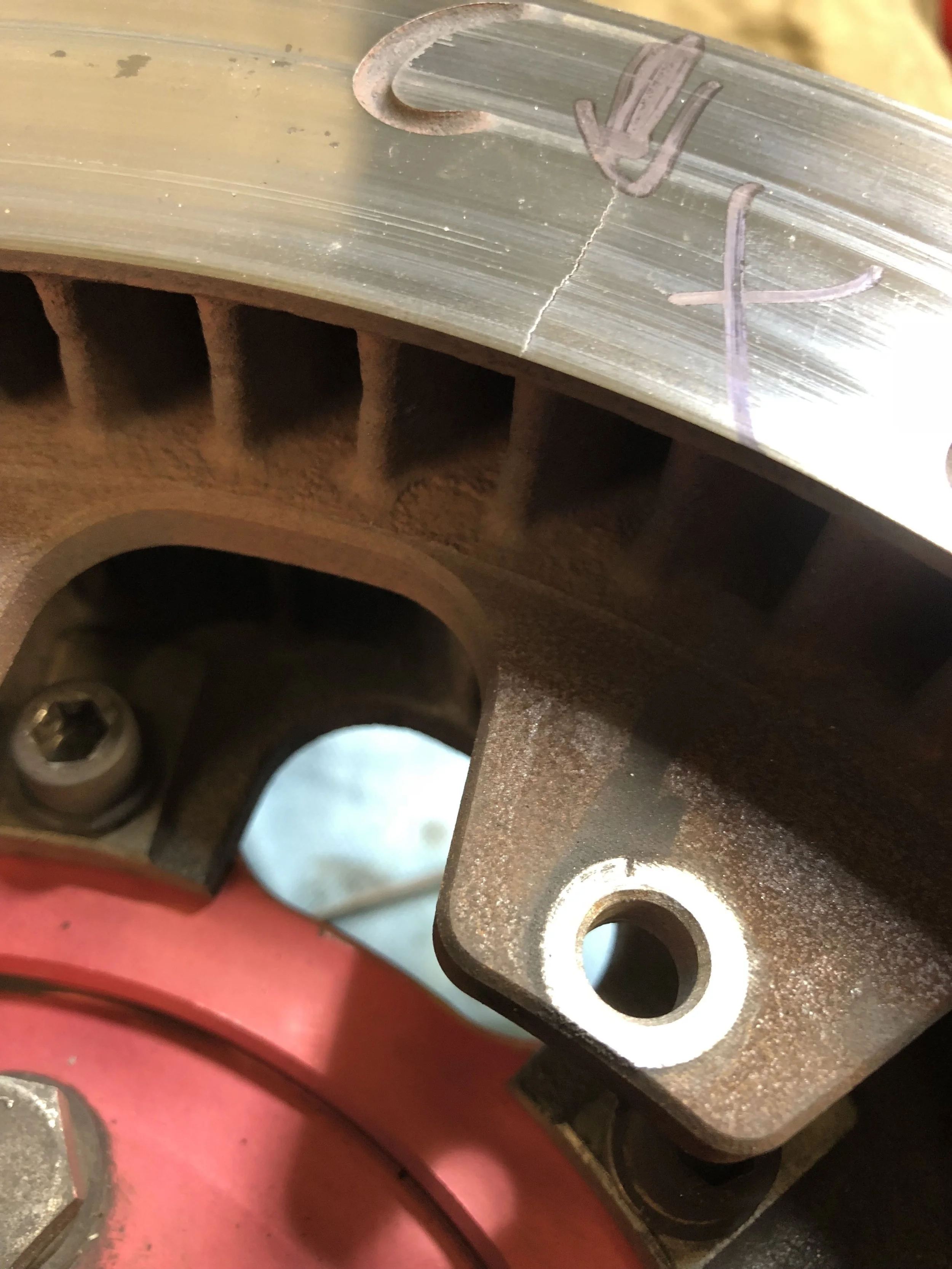Prepping the car.
Car prep is one of the most important aspects of having a safe and enjoyable event. There’s nothing worse than being broken down on the side of a stage or coming home early from a track day because something failed, especially if it was something preventable with a bit of prior effort back in the workshop.
This is obviously an ongoing task as there are some things you need to check before every event (tyres, brakes, fluids etc) but for us we have our three biggest events of the year crammed into four weeks across three states. This means a 3,000 km road trip and about 800km of competitive kms in the Datsun so it’s even more important to have the car reliable.
We run the rallies without a service crew so we don’t even have some spares and tools just a phonecall away, so we take the car prep seriously and spend the best part of a week getting it ready each year.
The basics - the first thing on the list is a full service meaning fluids and filters, plugs and brake pads. We use quality oils that we can get quickly if required, the filters are all stock items from local parts shops and a good tip is to write the date on the filters so you can easily see when it was last changed.
Brakes - a yearly flush of the fluid is done as most brake fluid will gradually absorb some moisture from the air. We use a high quality fluid and they brakes get a bleed every couple of events too and during a rally they might get a quick bleed mid event. It’s also inevitable that the rotors or discs will crack over time from the heat stress. It’s important to keep an eye on these cracks and change the rotors before they get too bad.
Spanner check - on most cars there are some things that work loose over time, with our car it’s the bolts on the drive shafts and a couple of other spots that require attention. I try and put a spanner on every bolt on the underside of the car just to make sure there are no surprises. Even things like the gland nuts on the struts need to be checked.
Wheel alignment - we do this the old fashioned way with string lines and a camber gauge with the main focus being to have consistency across the car and unless something is bent it really shouldn’t change that much. New bump stops also go on the struts as the rally roads give the stops a fair hammering.
Scrutiny items - the scrutineers usually give the car a thorough check before a rally and it’s smart to have everything working and to spec. This means making sure the harnesses and extinguishers are in date, as are your helmet and apparel. They will also check all the lights and wipers including the horn so these all get a once over before we leave.
Spares kit - we like to take a reasonable spares kit with us although limited room means we have to be a little frugal. Experience tells me that the spare part you take is the one you don’t ever use but it’s better than being stuck knowing that the part you need is home in the shed.
Tow rig - don’t overlook the tow rig, make sure the tow car is serviced and ready for a trip and check the trailer too, brakes, wheel bearings and tyres should all get a look at.
Other stuff - We get a dyno tune perhaps every three years, if only top make sure the basic stuff like carb balance and ignition timing is all in spec. Battery gets changed every three years and the engine comes apart every five years for inspection and refresh as required.
In ten years of hard racing in the 240 we have only had two mechanical DNF’s - once for a diff failure (on a wrecking yard diff) and last year when the distributor drive gear failed for some reason. It’s no fun watching the field pass you bay from the side of the road so it’s worth the extra time in preparation.
Prior Preparation Prevents something that I can’t remember the end of.
